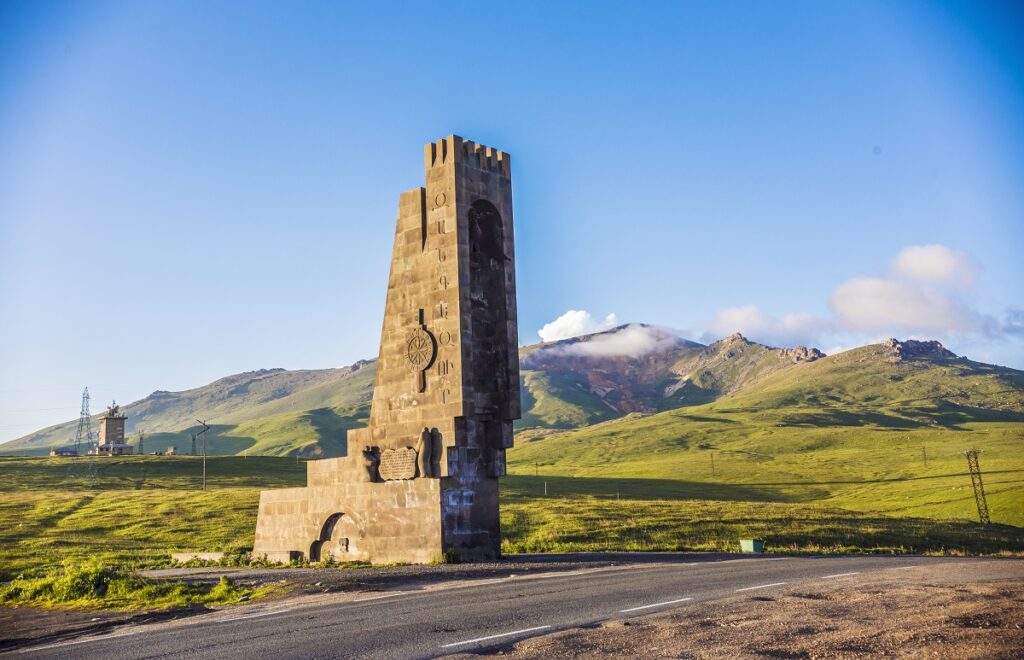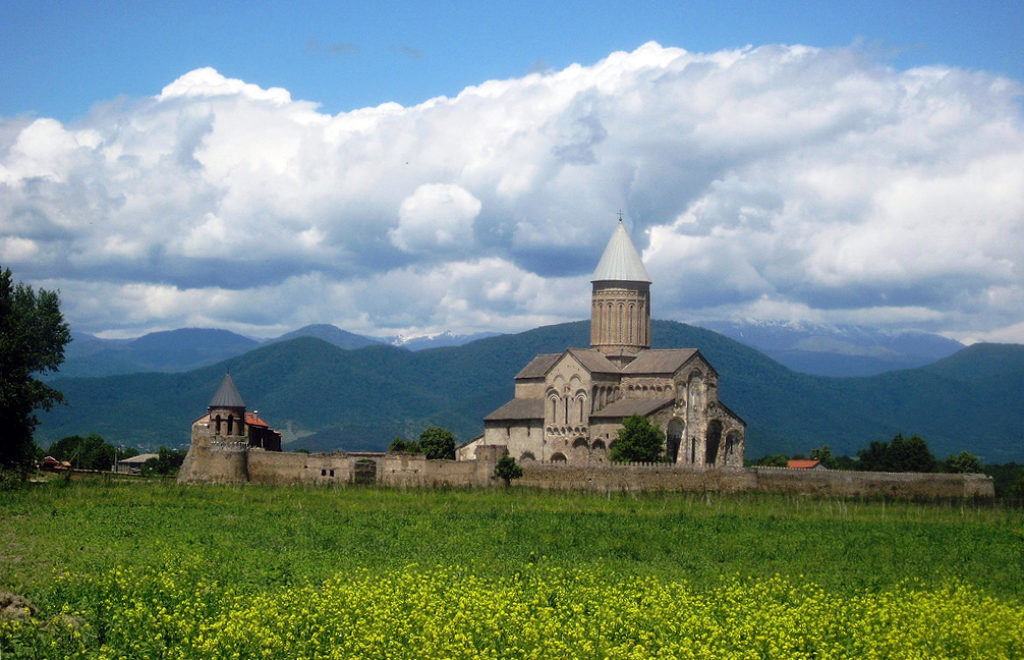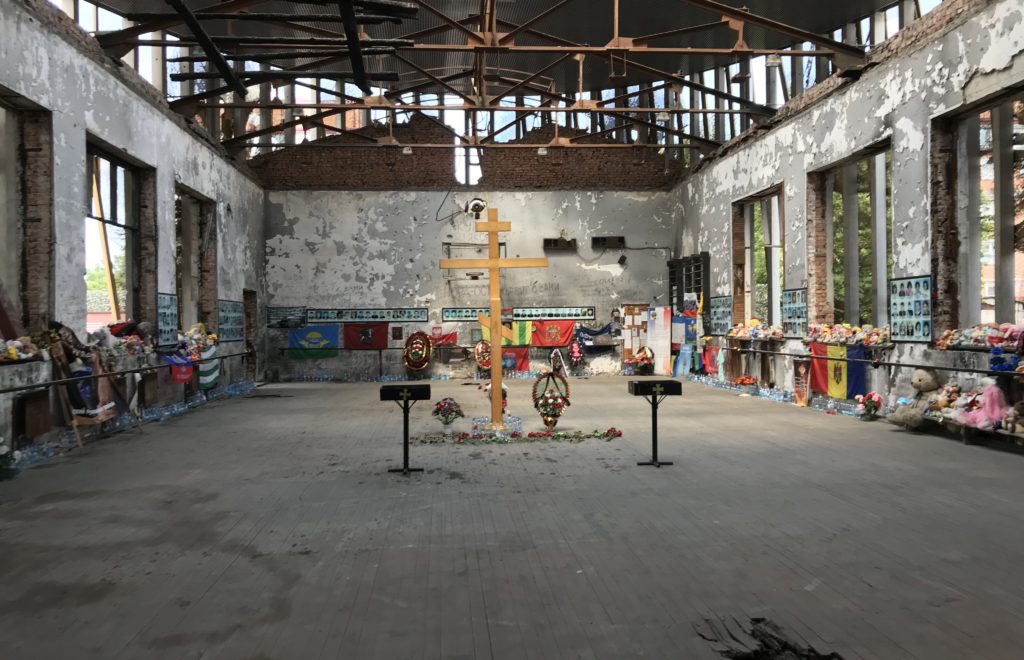Caucasian geopolitics: Finding a path towards stability and peaceful coexistence
The Caucasus is the name of a mountain range and geographical region that includes the southwest of European Russia, as well as the territories of Armenia, Azerbaijan and Georgia. This region encompasses a 440,000 square kilometre space between the Black and Caspian Seas and has a population of approximately 30.6 million people. As a result, the Caucasus faces its own distinct geopolitical realities that could become even more important given talks of a new Cold War.
December 2, 2021 - Vakhtang Maisaia







































